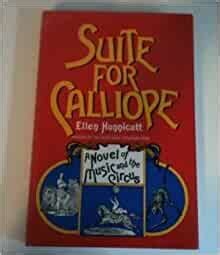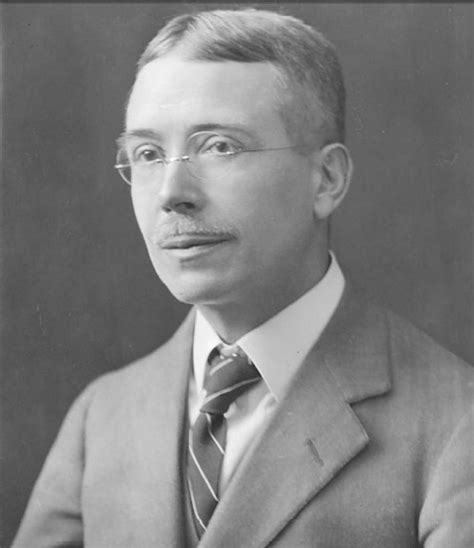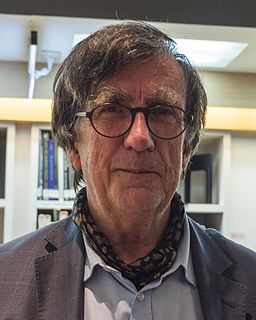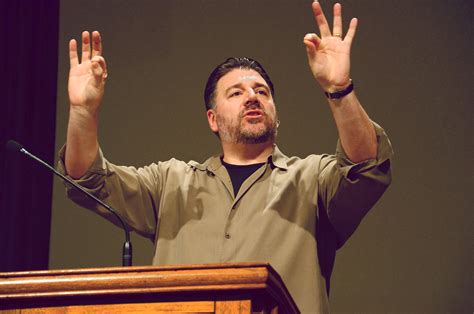A Quote by Jacques Barzun
One great aim of revision is to cut out. In the exuberance of composition it is natural to throw in - as one does in speaking - a number of small words that add nothing to meaning but keep up the flow and rhythm of thought. In writing, not only does this surplusage not add to meaning, it subtracts from it. Read and revise, reread and revise, keeping reading and revising until your text seems adequate to your thought.
Related Quotes
I guess the thing I would say most fervently is that your original impulse to write something is an impulse you should trust, and that if it doesn't work on the first draft, which it hardly ever does, the commitment to revising ought to be something you embrace really early. And to revise and revise and revise.
When you edit, you imagine your enemy is seated on the other side of the table. Your enemy! And your enemy is going to read that with a viciousness, because he knows where you didn't work on it. He's going to shake it and really aim for that jugular. So you are going to polish, and revise, and rewrite, and cut out, and shape it, so that your enemy has no place to grip it. That's how you revise.
You might want to keep trying to rise, using a path that builds on your natural strengths: sales, analysis, managing people, whatever, and keep asking for honest feedback. When you reach the point at which it feels clear you've topped out, revise your job description or take a step back. Up is not the only way.
Science does not enter a chaotic society to put order into it anymore, to simplify its composition, and to put an end to controversies. It does enter it, but to add new uncertain ingredients... to all the other ingredients that make up the collective experiments. When scientists add their findings to the mix, they do not put an end to politics; they add new ingredients to the collective process.
Thought is not what inhabits a certain conduct and gives it its meaning; rather, it is what allows one to step back from this way of acting or reacting, to present it to oneself as an object of thought and to question it as to its meaning, its conditions, and its goals. Thought is freedom in relation to what one does, the motion by which one detaches from it, establishes it as an object, and reflects on it as a problem.
People wonder why there seems to be no meaning in life. Meaning does not exist a priori. There is no meaning existing in life; one has to create it. Only if you create it will you discover it. It has to be invented first. It is not lying there like a rock, it has to be created like a song. It is not a thing, it is significance that you bring through your consciousness.
Modern writing at its worst does not consist in picking out words for the sake of their meaning and inventing images in order to make the meaning clearer. It consists in gumming together long strips of words which have already been set in order by someone else, and making the results presentable by sheer humbug. The attraction of this way of writing is that it is easy.
The great opposition to reading is what I allow to fill my time instead of reading. To say we have no time to read is not really true; we simply have chosen to use our time for other things, or have allowed our time to be filled to the exclusion of reading. So don't add reading to your to-do list. Just stop doing the things that keep you from doing it. But read.




































